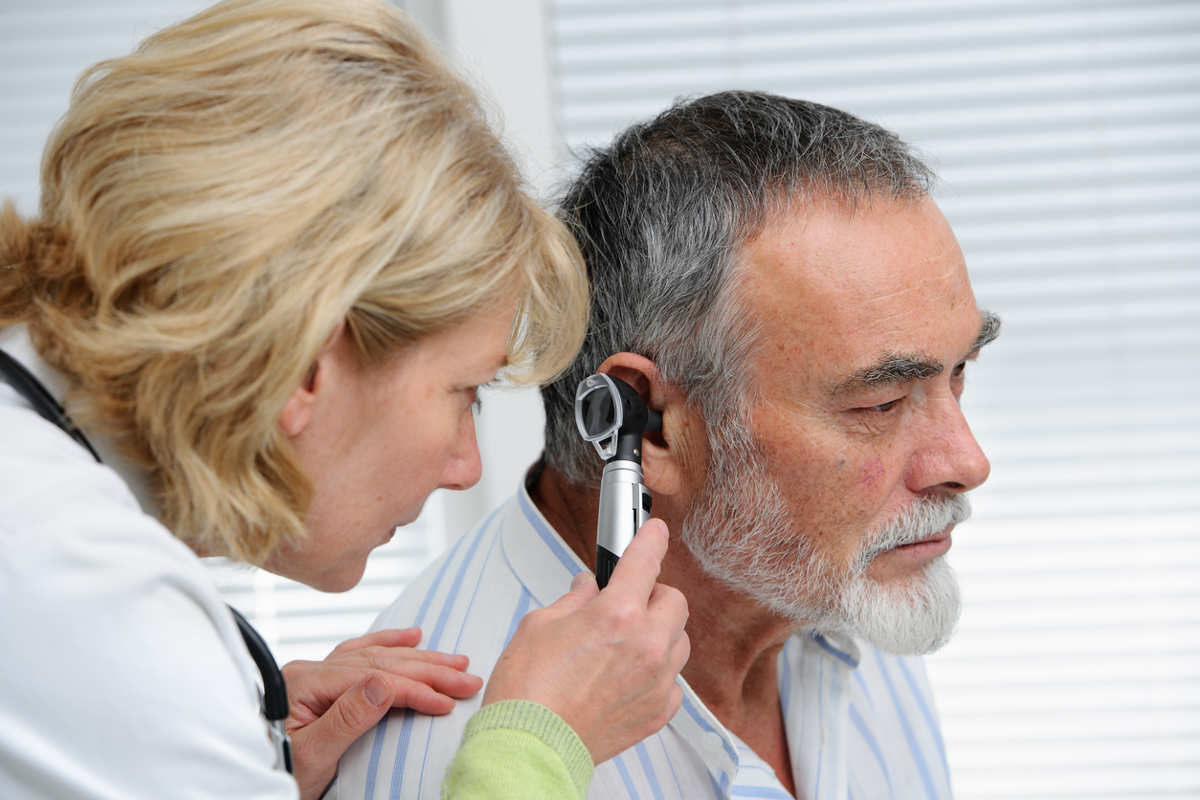Exposure to loud noises in the workplace can lead to hearing disabilities and even permanent hearing loss.

Workers are exposed to a variety of hazards, and can suffer a number of work related injuries and illnesses that can cause permanent disabilities, chronic diseases and even prove fatal. Of the many workplace hazards that employees have to endure, exposure to loud noises in the workplace can be more dangerous and are more common than they seem. In this article we will discuss how employers can prevent hearing disabilities among their employees.
Risks of Prolonged Exposure to Loud Noise
Exposure to loud noises in the workplace, if constant and exceeding the set limits, can lead to hearing disabilities and even permanent hearing loss. Workers exposed to prolonged occupational noise often face risks of hearing impairment, hearing related injuries, physical and mental stress, permanent ringing in the ears and permanent loss of hearing, that cannot be corrected by either hearing aids or surgery.
Measures Employers Should Take
Keeping these risks in mind, it is the responsibility of employers to ensure that employees have limited exposure to occupational noise. Employers should also attempt to control the noise level. Employers can take the following measures:
- Engineering controls – Employers can reduce occupational noise hazards by investing in tools and machinery that emit less noise. Steps like enclosing the source of the noise, using sound walls and curtains between machinery and employees can help reduce noise levels. Moreover, machinery equipment should be regularly serviced and lubricated to keep noise at a minimum.
- Administrative controls – Employers should apply administrative measures to ensure that noise exposure is kept at a minimum. This can be ensured by maintaining safe distance between the noise source and the workplace of employees, by running noisy machinery at times when the strength of the workforce is the least, reducing the amount of exposure by maintaining shifts for those workers who have to directly work around the source of the noise and by scheduling no-noise breaks for such employees.
- Protective gear – As per law, employers are expected to provide workers with protection equipment to safeguard against workplace hazards. In workplaces where workers are exposed to loud noises, employers should provide hearing protection like ear muffs and ear plugs to minimize exposure.
- Hearing conservation programs – Employee safety programs can be very effective for increasing awareness among workers and reducing the instances of hearing injuries caused by prolonged exposure to occupational noise. A hearing conservation program can be conducted for employees exposed to high decibels. The program can include measures like assigning one employee per shift to monitor decibel levels, conducting training programs to educate employees about the hazards of high noise exposure, provide safety equipment and conduct trainings to ensure all employees know the correct usage of protection equipment provided, and include hearing tests for employees on a regular basis.
Hearing Injury Due to Exposure to Workplace Noise
There are many cases where employees suffer from injuries or disabilities caused by prolonged exposure to workplace noise. Many are not aware that they are entitled to workers compensation benefits. Such employees should consult with a St. Louis workers compensation lawyer and act within the deadline to ensure timely filing of a claim and to get the benefits they deserve.
If you or a loved one have experienced hearing loss due to occupational noise, contact the Law Office of James M. Hoffmann for a free consultation by calling (314) 361-4300 or by filling out our online contact form.
